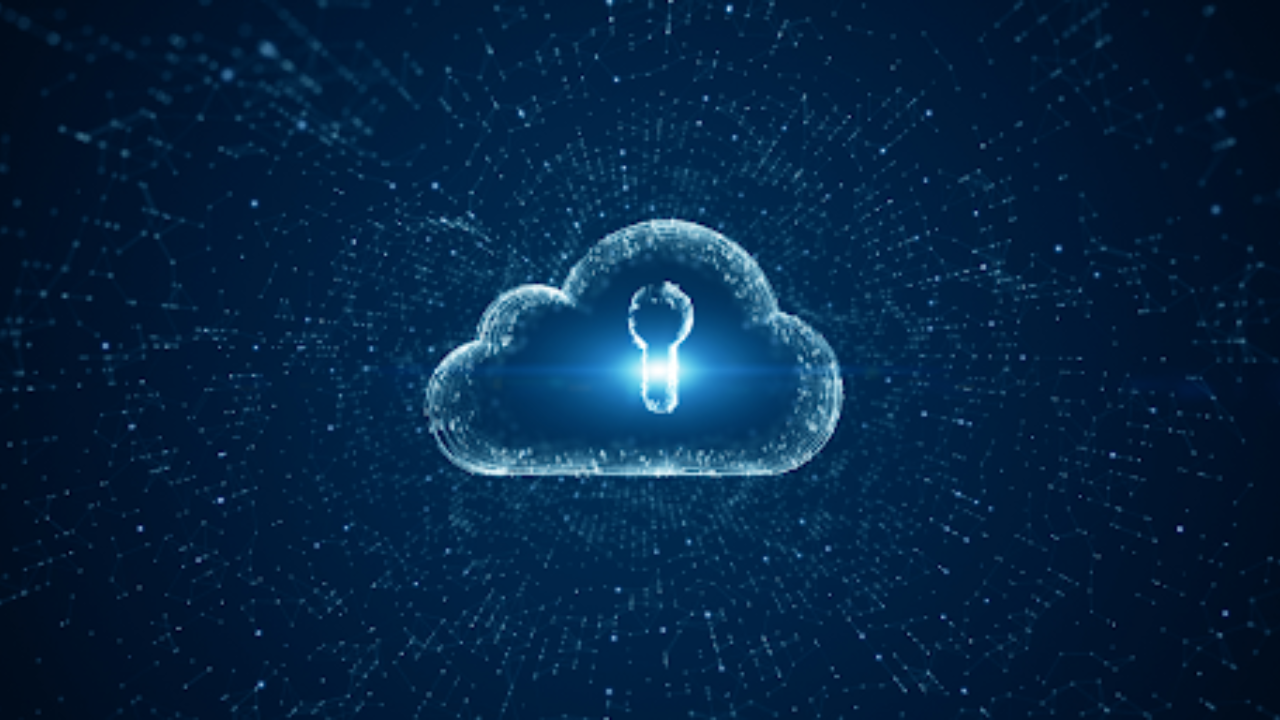The shift to remote, hybrid, or even full-time office work is mentally exhausting. It compels employees to navigate a new professional environment that includes constant switching from virtual to in-person meetings.
This also brings new distractions and disruptions which, in turn, cause people’s cognitive loads to become overwhelmed, and that’s when mistakes happen.
According to email security company Tessian, nearly half of employees cited distraction and fatigue as the main reasons they made a cybersecurity mistake, up from 34% in 2020.
Meanwhile, a quarter of employees fell for a phishing email at work in the last year and two-fifths sent an email to the wrong person. These mistakes can lead to costly data breaches, loss of a customer, and possible regulatory fines.
In this digital age, cybercriminals know how to take every situation to their advantage. To outsmart them, businesses need to understand how stress, distraction, and psychological factors are causing people to fall for these scams.
Simple fixes can make an impact on employee wellbeing and help ease the exhaustion and distraction that lead to these grave mistakes.
For one, encourage people to take regular breaks between virtual meetings and to step away from screens throughout the day. Having “no meeting days” every week can also make a positive difference in an employee’s well-being.
Organizations can also take a data-driven approach and measure how fatigued each of their employees is to offer targeted support to those who need it most.
By addressing stress, distraction, and fatigue, businesses can avoid having their staff manipulated by cybercriminals. It also empowers employees and ensures that mistakes will not turn into serious security incidents that could affect the company’s operations.

 Independent
Independent





















